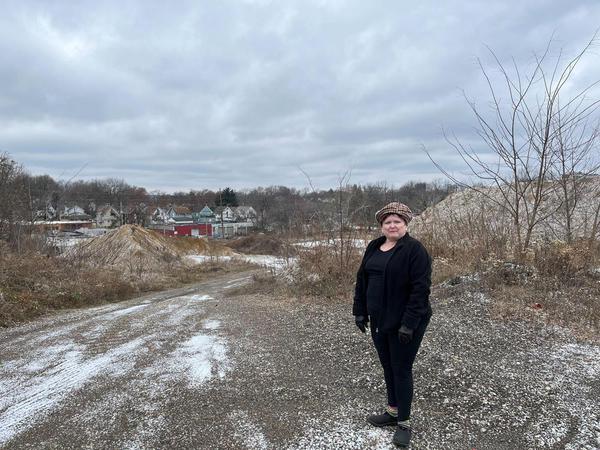
Take a look at some of my clips from Crain's Cleveland Business / Open Campus, Newsy, Washington Week, and other outlets.
Hi! I'm currently the higher education reporter for Crain's Cleveland Business. I'm also part of the Open Campus network of local reporters. Open Campus is a national nonprofit news organization focused on strengthening higher education reporting in local markets.
Before returning to my adopted hometown of Cleveland (go Browns!), I spent several years in Washington, D.C., including stints as a reporter/producer for the cable channel Newsy and as a producer for the roundtable show Washington Week.
I’m a curious person by nature. Just ask my husband, who pre-pandemic frequently had to pull me away from conversations I started with strangers at the grocery store or on the subway. I also enjoy training for half marathons, reading, and spending time with the people in my life who make me laugh the most.
Want to chat about the latest Real Housewives news, hear me gush about our one-year-old rescue beagle Marley, or share a story idea? Hit me up: amymorona@gmail.com
Take a look at some of my clips from Crain's Cleveland Business / Open Campus, Newsy, Washington Week, and other outlets.